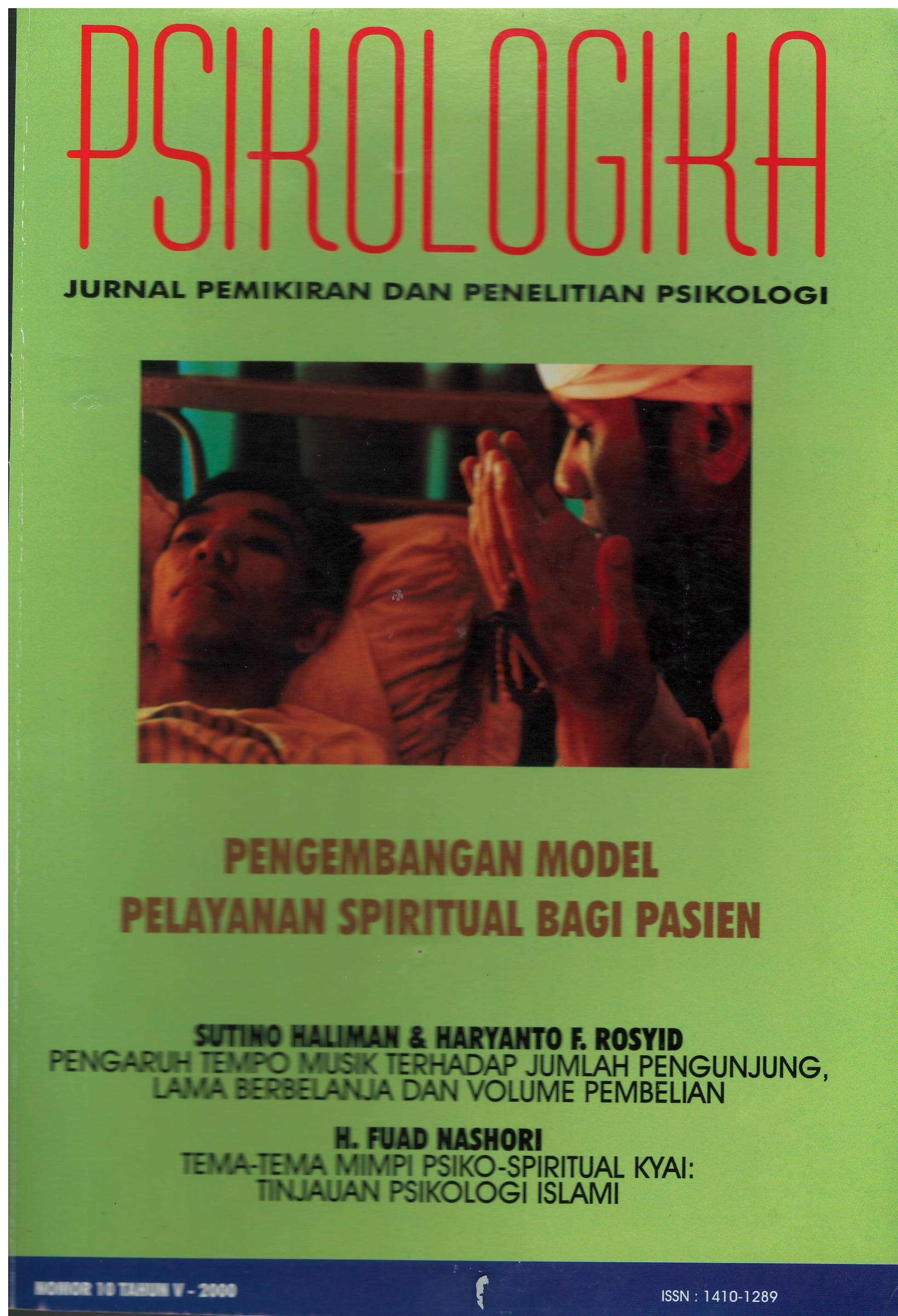Main Article Content
Abstract
This research aimed to examine the relationship between team cohesiveness and self efficacy togetherly with achievement of the waterpolo team, whereas the specifics goals to be sought are : (1) the relationship between cohesiveness and the achievement of the water polo team, (2) the relationship between self efficacy and the team achievement (3) the differences between cohesiveness degree and self efficacy of each water polo team.
           The subject of the research were water polo athletes taking part ini National Games (PON) XV in the year of 2000 in Surabaya comprising 65 people. The method and the instrument used are questionnaire method modified Likert scale. The team cohesion questionnaire (TCQ) instrucment is used to find out the team cohesiveness. Additionally, self efficacy scale contructed from Bandura theory is employed to figure out self efficacy.
           The computation using regression analysis in the value of R = 0,951 (p < 0,05). It implies that the there exist a positif and significant relationship between team cohesiveness as well as self efficacy along with achievement of water polo team. Product moment analysis is carried out of seek the relationship between team cohesiveness and the team achievement resulting in the value of r = 0,973, whereas the relationship between self efficacy and the achievement of water polo team meet the value of r =0,975. Based on the one-way varian analysis, the significant difference (F=19,117) of the team cohesiveness as well as self efficacy (F=26,542) of each water polo team is revealed.
Â
Key Words   :  Cohesiveness team, Self efficacy, Achievemant, Water polo
Article Details
Authors who publish with this journal agree to the following terms:
- Authors retain copyright and grant the journal right of first publication with the work simultaneously licensed under a Creative Commons Attribution-ShareAlike 4.0 International License that allows others to share the work with an acknowledgment of the work's authorship and initial publication in this journal.
- Authors are able to enter into separate, additional contractual arrangements for the non-exclusive distribution of the journal's published version of the work (e.g., post it to an institutional repository or publish it in a book), with an acknowledgment of its initial publication in this journal.
- Authors are permitted and encouraged to post their work online (e.g., in institutional repositories or on their website) prior to and during the submission process, as it can lead to productive exchanges, as well as earlier and greater citation of published work (See The Effect of Open Access).
